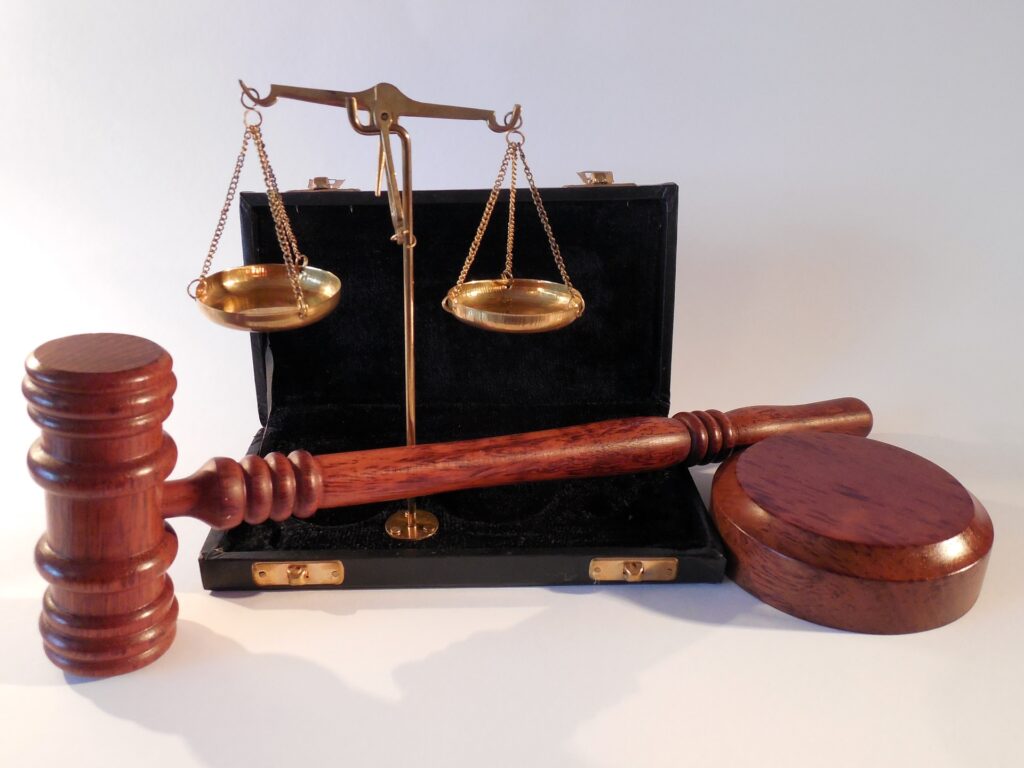Property lawyers were the prominent professionals recognized in typical property sales and purchases when the real estate industry was still crude. At the time, no one knew about the functionality of the various certified real estate entities like brokers, home appraisers, inspectors, and insurance companies, as we have them today.
It was conventional in the real estate industry to hire the service of a property law firm before a transaction could be successful. As a matter of fact, some developed countries still mandate the involvement of property lawyers as part of a legally confirmed real estate transaction.
The Roles of Property Lawyers between Buyers and Sellers
Traditionally, property lawyers perform several tasks when buying or selling commercial or residential property. Some of the essential roles of property lawyers in real estate transactions are:
1. Negotiations
Property lawyers are responsible for negotiating the financing options for a buyer to purchase a property. In difficult situations, buyers may fall short of the opportunity to get loans from lenders. Therefore, the property lawyers may encourage the buyer to go for private funding at that juncture. Sometimes, the attorney may help the buyer get an impressive credit score to attract loans without stress. Learn more how to draft your will without hiring a property lawyer.

During negotiations, property lawyers help the seller set a standard asking price. They will also critically review the contract agreement between buyers and sellers and provide helpful legal advice on the steps to make the transaction more favourable for the party hired.
2. Title Document Management
It is among property lawyers’ traditional responsibilities to approve the title document and ensure the validity of the tiles and deed to a property. When it comes to real estate investment, property lawyers are not one-sided. Depending on the party that seeks legal advice, they can work for either a buyer or seller. Apparently, both parties in a typical real estate transaction can benefit from the helpful service of a property lawyer.
3. Advice on Property Tax Laws
For the records, property tax laws vary from one locality to another. That means you must comply with the tax principles of the neighbourhood where you plan to buy or sell a property.
Property lawyers can advise buyers and sellers about specific real estate tax laws of the locality where the transaction is about to take place. For instance, if the government is planning to increase the property taxes of specific properties in some areas, the property lawyer may advise the seller to hold on or ask the buyer to purchase the property before the increase occurs.
6. Overseeing the Closing
Property lawyers are responsible for monitoring the closing. The closing is the last stage that a buyer or seller must go through before officially finalizing the sale or purchase of a property. In case there are any irregularities toward the final stage of the transaction, property lawyers know how to manoeuvre the situation to get the deal done without delay.
7. Dispute Management
It is typical for issues to come up during a real estate transaction. As a matter of fact, it is almost inevitable. When disputes arise between the buyer and seller, it is also the responsibility of property lawyers to settle them before it becomes a barrier to completing the deal. Property lawyers are specially trained in conflict resolution. They will work hard to smoothen things over to achieve success.
8. Handling Legal Issues
As we have established earlier, a dispute is inevitable in a typical reals estate transaction. For instance, a buyer may opt out of t deal after signing the sales/purchase agreement and choose otherwise. In that case, the seller has no option but to invite a property lawyer to sue the buyer for the breach of the contract. That is a particular area where property lawyers flex their power of attorney. He will defend you in court and recover every monetary damage if you hire a competent one. The buyer and seller must hire property lawyers separately to fight for their rights.

9. Sanctioning of Illegal Duties
At times, other real estate parties such as Title Companies, Brokers, Insurance Companies, and Escrow Agents might fail in their responsibilities in buying or selling a property. For instance, a real estate agent can draft the contract for the sale or purchase of a property instead of filling in the gaps of s contract agreement drafted by a property lawyer. If that happens, it violates practising law without the required credentials. Therefore, property lawyers must arrange for the punishment of the parties involved in the illegal act.
Note that real estate agents don’t have the authority to provide legal advice to either buyer or seller. That means the dot has the right to answer legal questions about real estate properties even if they know the correct answer. Any real estate professional that provides legal counsel to clients or drafts contract agreements without the approval of a property lawyer could lose their real estate license.
Hence, even if a broker has a complete understanding of the real estate transaction process, there is still a need to hire a property lawyer to avoid problems in the long run.
On A Final Note
Nowadays, several certified real estate entities are emerging to split up property lawyers’ roles in selling and purchasing properties. As a result, most of the traditional tasks of property lawyers have been delegated to other entities such as brokers, company insurance, inspector, and title companies. In addition, some modern-day property lawyers specialize in a specific field of property law, gradually limiting the involvement of property lawyers in the real estate industry.
Regardless, you will need to hire a property lawyer whether you are buying or selling commercial or residential property. They have the essential advice to guide you through the transaction process from beginning to end. Most importantly, you will need a property lawyer to review your sales or purchase contract agreement.




